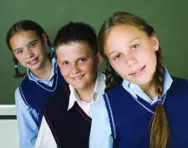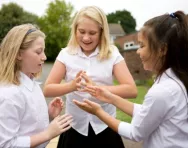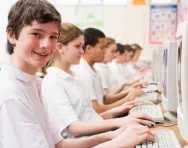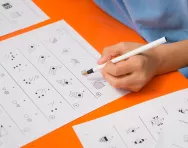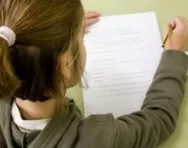TheSchoolRun.com closure date
As we informed you a few months ago, TheSchoolRun has had to make the difficult decision to close due to financial pressures and the company has now ceased trading. We had hoped to keep our content available through a partnership with another educational provider, but this provider has since withdrawn from the agreement.
As a result, we now have to permanently close TheSchoolRun.com. However, to give subscribers time to download any content they’d like to keep, we will keep the website open until 31st July 2025. After this date, the site will be taken down and there will be no further access to any resources. We strongly encourage you to download and save any resources you think you may want to use in the future.
In particular, we suggest downloading:
- Learning packs
- All the worksheets from the 11+ programme, if you are following this with your child
- Complete Learning Journey programmes (the packs below include all 40 worksheets for each programme)
You should already have received 16 primary school eBooks (worth £108.84) to download and keep. If you haven’t received these, please contact us at [email protected] before 31st July 2025, and we will send them to you.
We are very sorry that there is no way to continue offering access to resources and sincerely apologise for the inconvenience caused.
How your Year 6 child develops
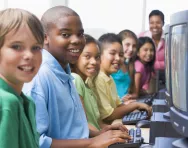
The last year of primary school is a time of transition for your child. Not only are they having to get their head around the impending move to secondary school, but they’re also experiencing some major physical and emotional changes as they head towards adolescence.
What’s going on in there?
Your year 6 child is likely to seem increasingly grown-up. They’re keen to learn, enjoy school, and have plenty of self-confidence. Your child’s moral code is highly developed with a strong sense of justice, and they will complain bitterly if they think they’re being treated unfairly.
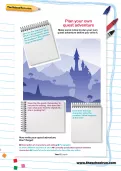
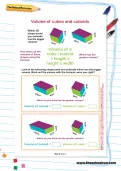
Start the Year 6 Learning Programme!
- Weekly maths & English worksheets direct to your inbox
- Follows the National Curriculum
- Keeps your child's learning on track
At 10 to 11, your child is a socially competent being who likes to be part of the ‘in group’. “Your child is less dependent on their parents and more reliant on friends, as well as developing an interest in the opposite sex,” says chartered educational psychologist and educational adviser Susan Brooks.
Your child has a close social circle and will avoid children who are not in their gang. They probably have one best friend, as well as an adult or teenager who they idolise – perhaps an older cousin or a leader from an extracurricular club.
Although your child is becoming more mature and independent, they’re still close to their parents. They’re typically affectionate with their mother, and fiercely proud of their father. They’re getting better at handling their emotions, and are less likely to be tearful or angry than in the past, although they can be moody and value privacy.
Girls are likely to start their periods during this school year or the next, and boys are beginning their puberty growth spurt, which can lead to concerns about weight gain. “Body awareness is critical at this age, and children are often increasingly conscious of fashion, but they still need guidance on how to dress appropriately,” adds chartered educational psychologist Julia Busch Hansen.
Potential pressure points
During Year 6, the main sources of pressure on your child are likely to come from school and friendships. These include:
- Choosing a secondary school, and waiting to hear if they have a place.
- Sitting KS2 SATs and for some children, the Eleven Plus exam.
- Coping with friendship issues, including bullying, particularly cyberbullying (online or by text).
- Competing with other children on material grounds, for example who has the best mobile phone or the coolest trainers.
- Physical and hormonal changes with the onset of puberty.
Warning signs to watch out for
Signs that your child may be struggling with the pressures of Year 6 and of growing up in general include:
- Tearfulness or angry, violent outbursts.
- Sleep problems.
- Body image issues, such as expressing worries about being fat.
- Dieting or skipping meals.
- Frequent stomach aches or headaches.
- Withdrawing from friends and family.

